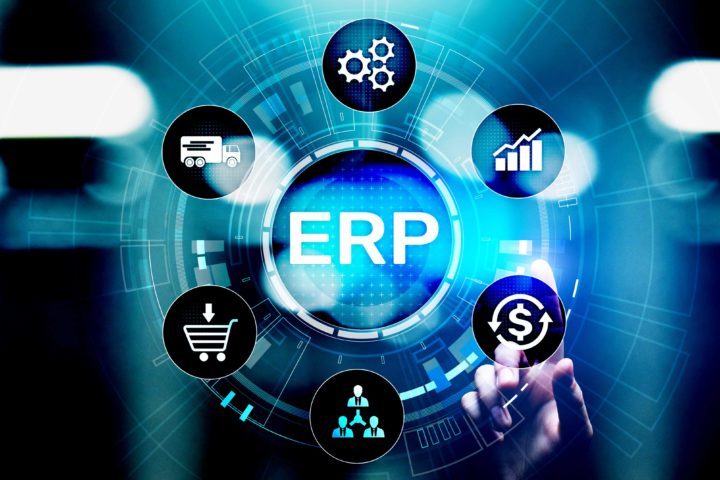Enterprise applications are extensive and intricate software systems utilized to enhance and facilitate a variety of business processes within an organization. These applications are specifically crafted to meet the distinct requirements of enterprises, offering integrated solutions for the management and optimization of various facets of business operations. The following are essential characteristics of enterprise applications:
Definition:
Enterprise applications encompass all-encompassing software solutions that assist in numerous business functions and processes within an organization. Typically, they are modular in nature, with various components designed to address specific business domains.
Enterprise Applications

Scope:
These applications encompass a diverse array of functionalities, such as customer relationship management (CRM), enterprise resource planning (ERP), supply chain management (SCM), human resources management (HRM), financial management, among others.
Integration:
A fundamental aspect of enterprise applications is their integration capabilities. They enable smooth communication and data sharing among various modules or components, ensuring that information is transmitted efficiently throughout the organization.
Customization:
Enterprise applications are frequently designed to be customizable, allowing them to align with the specific needs and workflows of individual organizations. This adaptability enables businesses to tailor the software to fit their distinct processes and requirements.
Modularity:
Typically, enterprise applications are structured in a modular fashion, consisting of separate modules or components that can operate independently. This modular design permits organizations to deploy specific modules according to their immediate needs and to expand their capabilities as requirements change.
ERP (Enterprise Resource Planning):
Enterprise Resource Planning (ERP) refers to a category of enterprise software that consolidates essential business functions, including finance, procurement, manufacturing, and human resources, into a cohesive system. This consolidation enhances operational efficiency by offering a comprehensive perspective on business activities.
CRM (Customer Relationship Management):
Customer Relationship Management (CRM) systems are tailored to oversee customer interactions, encompassing sales, marketing, and customer support. These systems enable organizations to cultivate and sustain robust relationships with their clientele.
SCM (Supply Chain Management):
Supply Chain Management (SCM) applications are dedicated to enhancing the efficiency of the entire supply chain, spanning procurement, production, and distribution. They facilitate the coordination and management of the movement of goods, services, and information throughout the supply chain.
HRM (Human Resources Management):
Human Resources Management (HRM) applications support the administration of processes related to human resources, such as employee recruitment, payroll, benefits management, performance evaluation, and workforce planning.
BI (Business Intelligence) and Analytics:
Enterprise applications frequently incorporate Business Intelligence (BI) and analytics tools to assist organizations in making informed, data-driven decisions. These tools deliver insights into various business dimensions through reporting, dashboards, and data visualization techniques.
Security:
Security remains a paramount concern in enterprise applications. Given that these systems often manage sensitive and confidential information, they are equipped with robust security measures to safeguard against unauthorized access, data breaches, and other potential security risks.
Cloud-Based Solutions:
A significant number of contemporary enterprise applications are delivered as cloud-based solutions, enabling organizations to access and utilize the software via the internet. The cloud deployment model offers advantages such as flexibility, scalability, and simplified maintenance.
Mobile Accessibility:
There is a growing trend for enterprise applications to be developed with mobile accessibility as a priority. This design approach empowers employees to retrieve essential business information and execute tasks using mobile devices, thereby improving flexibility and productivity.
Compliance and Regulations:
Enterprise applications frequently include functionalities that assist organizations in adhering to industry regulations and standards. This aspect is particularly critical in sectors like finance, healthcare, and manufacturing.
Training and Support:
Robust training and support services are vital for the successful deployment and continuous utilization of enterprise applications. Such services ensure that users can effectively harness the software’s features to achieve optimal benefits.
In conclusion, enterprise applications play a crucial role in the effective operation of large organizations, offering a cohesive platform for the management and optimization of various business processes. The primary objective is to boost productivity, enhance decision-making, and foster overall business success.
Services
Industries
Consulting
Connect with Us
Copyright © 2019 Vensphere Technologies. All Rights Reserved.